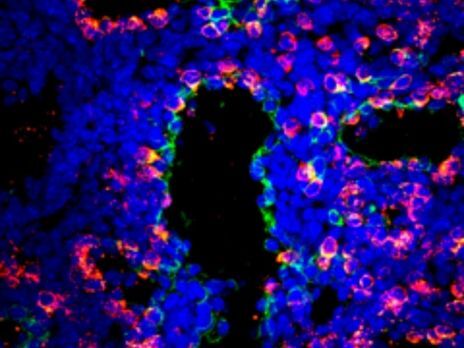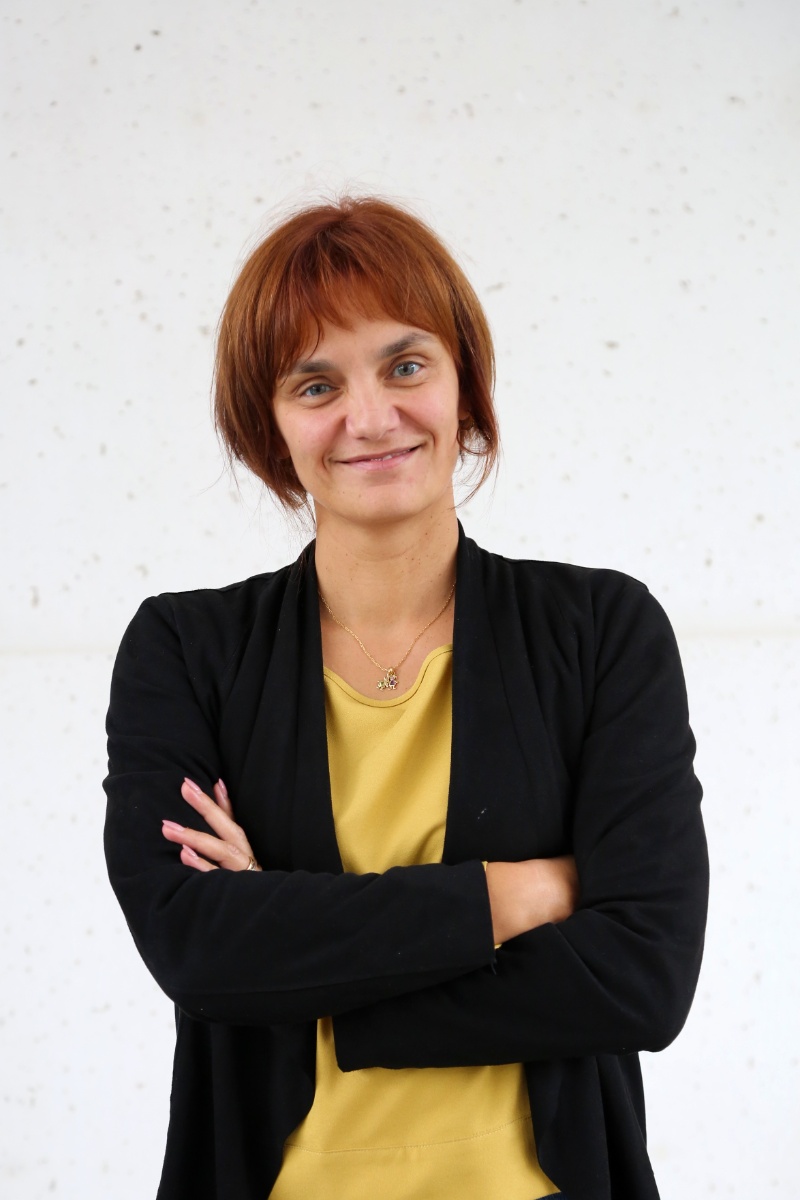Scientific Highlights
* “Macrophage-secreted mediators as therapeutic strategy for preterm lung maturation”, scientific research project funded by FEDER, through the Competitiveness Internationalization Operational Programme (POCI), and by National funds, through the Foundation for Science and Technology (FCT), Principal Investigator, 2018-2022. *“Unravelling the key roles of tissue macrophages in lung morphogenesis and injury”, Exploratory Project grant within FCT Investigator program from FCT, reference IF/00959/2014; Principal Investigator, 2015-2020. *Finisguerra V, Di Conza G, Di Matteo M, Serneels J, Costa S, Thompson R, Wauters E, Walmsley S, Prenen H, Granot Z, Casazza A, Mazzone M. MET is required for the recruitment of anti-tumoural neutrophils. Nature, 2015; 522(7556):349-53. *Hamm A, Veschini L, Takeda Y, Costa S, Delamarre E, Squadrito ML, Henze A-T, Wenes M, Serneels J, Pucci F, Roncal C, Anisimov A, Alitalo K, DePalma M, Mazzone M. PHD2 regulates arteriogenic macrophages through TIE2 signaling. EMBO Mol Med (2013); 5(6):843-57. *Takeda Y, Costa S, Delamarre E, Roncal C, Leite De Oliveira R, Squadrito ML, Finisguerra V, Deschoemaeker S, Bruyère F, Wenes M, Hamm A, Serneels J, Magat J, Bhattacharyya T, Anisimov A, Jordan BF, Alitalo K, Maxwell P, Gallez B, Zhuang ZW, Saito Y, Simons M, De Palma M, Mazzone M. Macrophage skewing by Phd2 haplodeficiency prevents ischaemia by inducing arteriogenesis. Nature (2011); 479(7371): 122-126.











